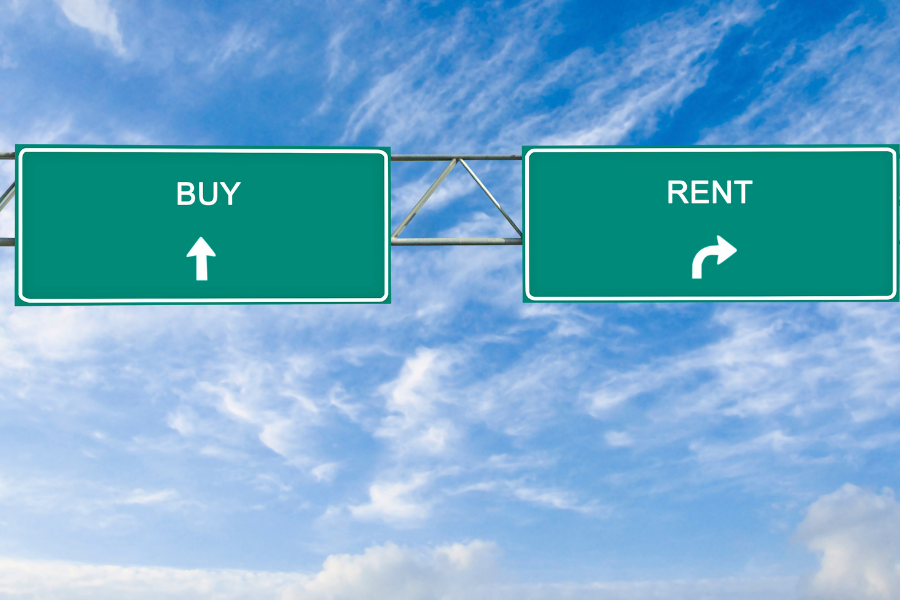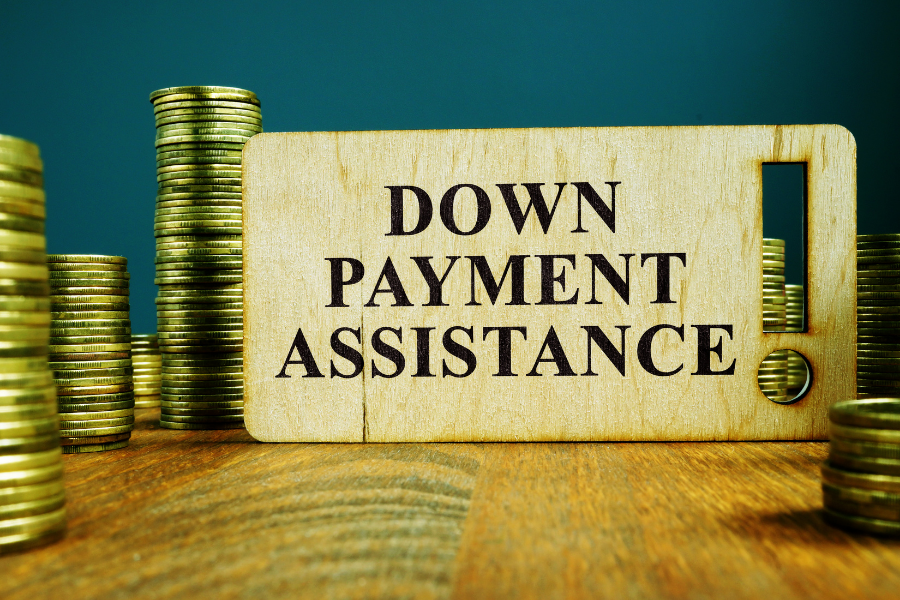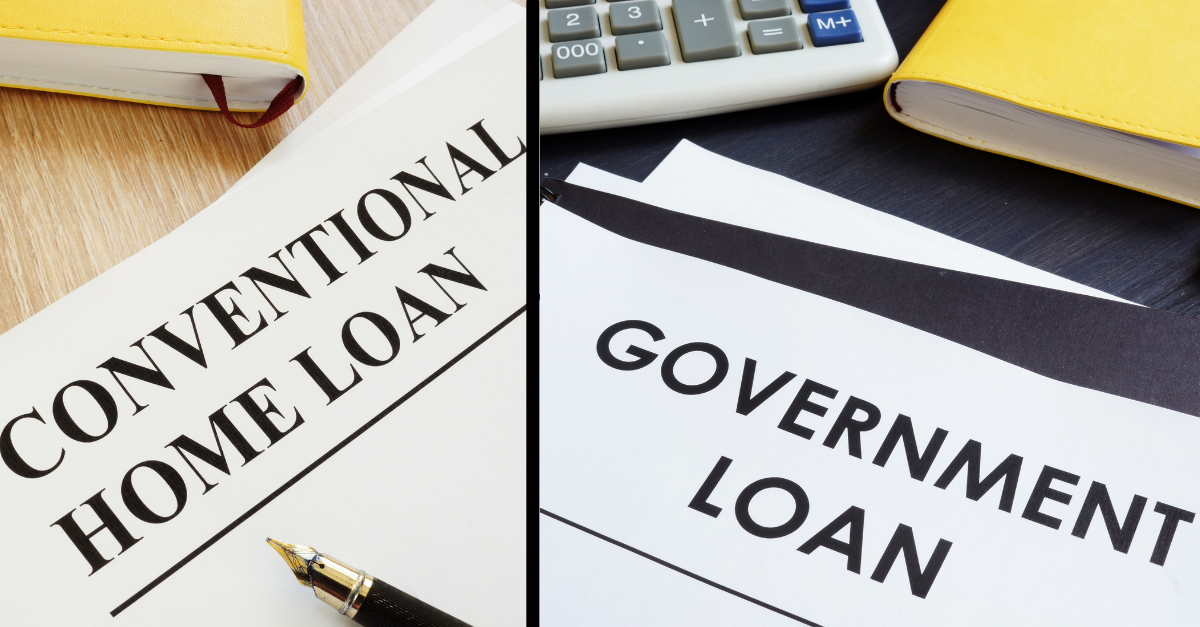Taking A Closer Look At Affordability: Renting And Buying
 There are many people who are looking at the housing market wondering if now is the time to make the jump from renting to owning. At the same time, is it more affordable to rent a home? Or, is it a smarter move to buy a home? Even though many people like the comfort of renting because it is someone else’s problem if something goes wrong, waiting too long to purchase a home could be costly. Here are a few of the most important points you need to keep in mind when it comes to renting versus buying a home.
There are many people who are looking at the housing market wondering if now is the time to make the jump from renting to owning. At the same time, is it more affordable to rent a home? Or, is it a smarter move to buy a home? Even though many people like the comfort of renting because it is someone else’s problem if something goes wrong, waiting too long to purchase a home could be costly. Here are a few of the most important points you need to keep in mind when it comes to renting versus buying a home.
Renters Spend A Higher Percentage Of Their Income On Housing
First, renters usually put a higher percentage of their income toward housing than homeowners. When looking at the numbers, people may believe that the percentage is higher for renters purely because people who own homes make more money; however, this is not necessarily the case. People who rent still spend a greater percentage of their monthly income on housing than people who own a home.
Renters Often Have Trouble Investing In Other Assets
One of the major advantages of owning a home is that it is going to appreciate over time. Not only is a house an investment, but because homeowners spend less of their money on housing, they have money to invest in other assets. For example, someone who spends a lot of money on rent might not be able to invest in retirement accounts, such as a 401k. Homeowners are not only building equity in their homes but also investing money elsewhere.
Rent Goes Up While Mortgages Stay The Same
A lot of homeowners decide to take out a 30-year fixed mortgage, which means that their mortgage payments are going to stay the same throughout the life of the loan. Renters are more vulnerable to cost increases. Whenever someone renews a lease, rent payments usually go up. Therefore, this projects vastly different economic futures for homeowners versus renters. With a home loan, the only expenses that might go up are taxes and insurance. In contrast, renters are subject to the supply and demand laws of the rental market.
Now might be the time to make the jump to homeownership.

 There are many people who are currently looking to purchase a home while interest rates are relatively low; however, there are many homeowners who feel like they do not have a strong level of financial understanding when it comes to the process of purchasing a home.
There are many people who are currently looking to purchase a home while interest rates are relatively low; however, there are many homeowners who feel like they do not have a strong level of financial understanding when it comes to the process of purchasing a home. There are two broad categories of mortgages. The first is government mortgages, which include USDA, FHA, and VA loans. These loans are backed and insured by the United States government. The other category is conventional mortgages. These are mortgages that are insured by private lenders, such as banks and credit unions. What are the differences between these two loan options?
There are two broad categories of mortgages. The first is government mortgages, which include USDA, FHA, and VA loans. These loans are backed and insured by the United States government. The other category is conventional mortgages. These are mortgages that are insured by private lenders, such as banks and credit unions. What are the differences between these two loan options?